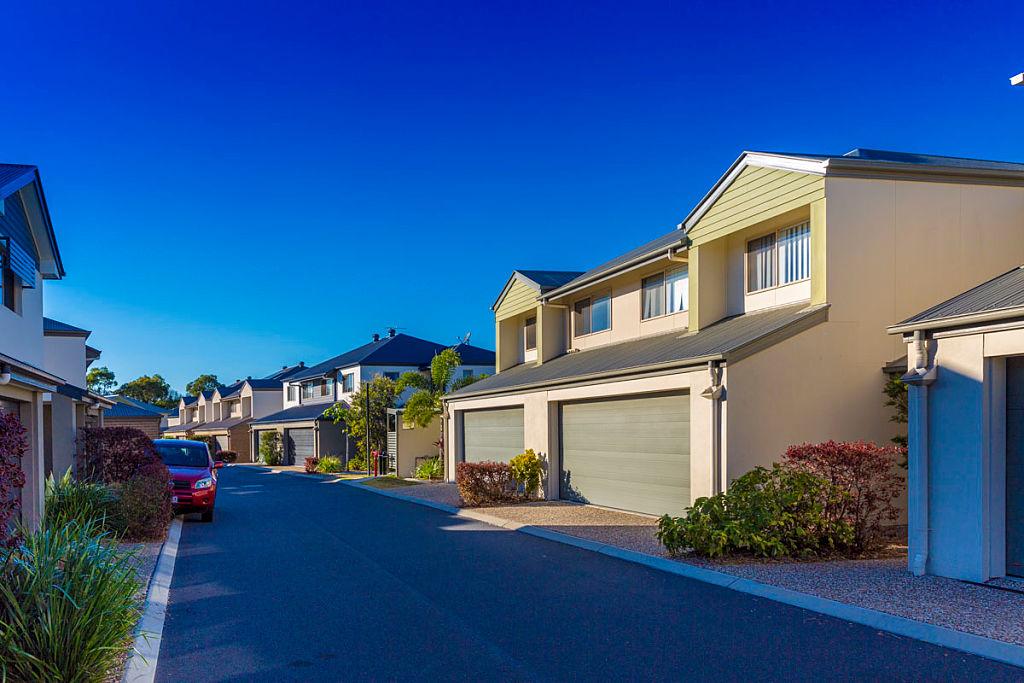A new study has revealed the harsh reality of housing affordability in Australia, as an average household needs to earn over $300,000 (US$197,000) a year for house prices to be considered “affordable.”
Suburbtrends, a real estate data firm, released a new report analysing 22,000 property sales across Australia in October 2023.





